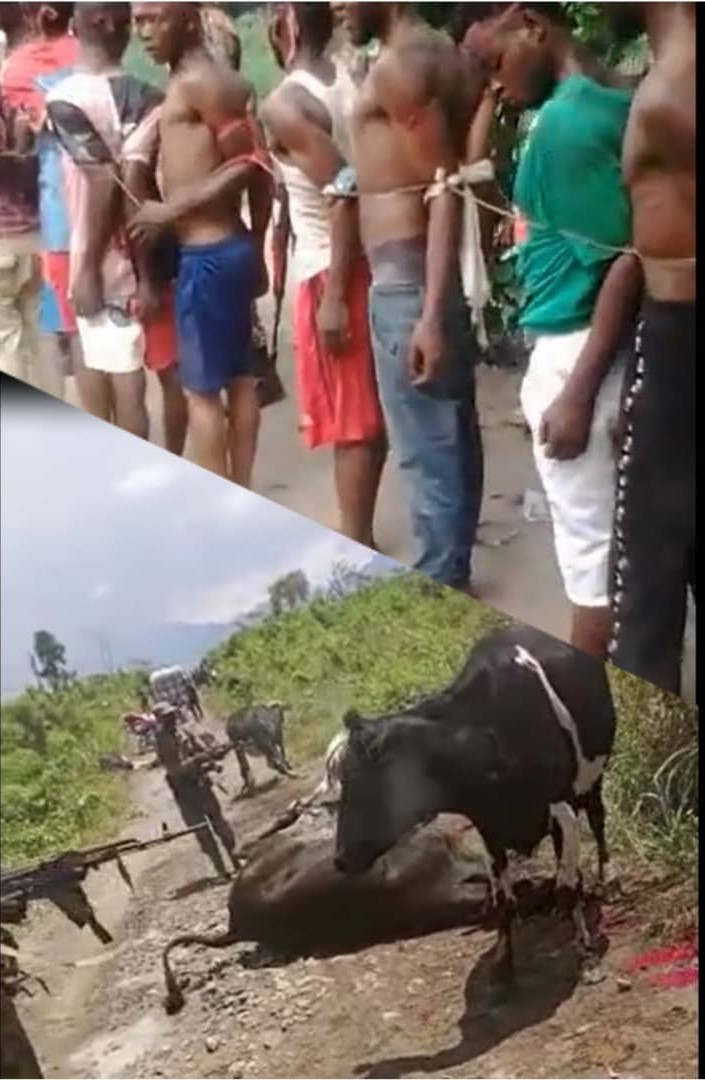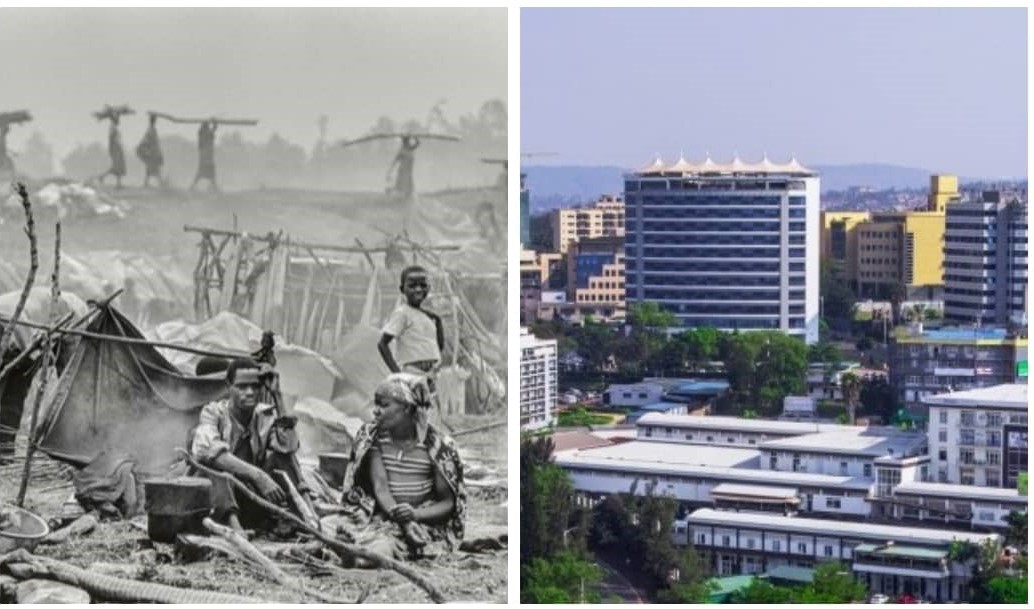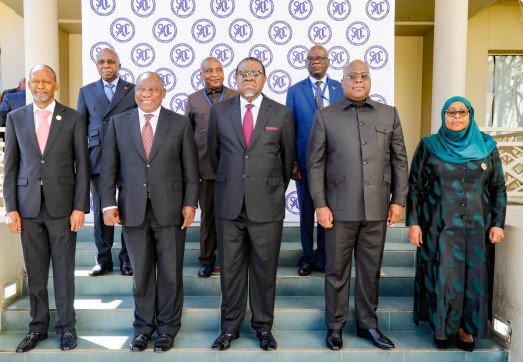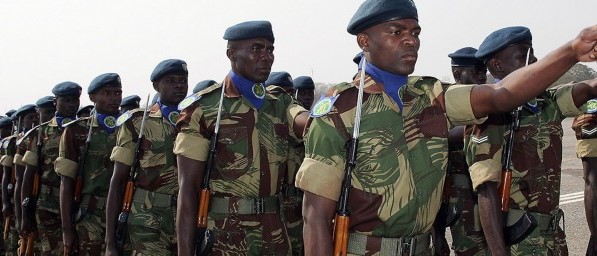Regional
SADC's shuffling to replace EAC force in DRC shows disunity among Africa’s regional blocs

While
in Botswana on May 9, Congolese President, Félix Tshisekedi, declared that the East
African Community Regional Force deployed in November 2022 to restore security
in the eastern part of his country, will have to leave DRC territory
definitively by June if the results of its mission are not satisfactory.
“The
mandate of EACRF is ending in June, if by that time we assess that the mandate
was not fulfilled. We will send those contingents home with honor and thank
them for having tried to bring their share of contribution to peace in DRC,” said
the Congolese President.
Tshisekedi
made the remarks a day after the Southern African Development Community (SADC)
agreed to deploy troops in eastern DRC, as a way of supporting the Congolese
government in fighting armed groups ahead of the general elections scheduled in
December 2023.
“The EAC troops, who came to restore security
in eastern DRC, have failed. Those of the SADC are arriving, pending the fixing
of the modalities by June 15,” declared Congolese Minister of Foreign Affairs,
Christophe Lutundula, in a press ponference on May 13.
EACRF,
comprising troops from Kenya, Uganda, Burundi, and South Sudan, has secured
territories evacuated by the M23 rebels since December 2022, as stipulated in
the Luanda roadmap. The regional force now occupies Sake, Kibumba, Rumangabo,
Mushaki, Kilolirwe, Kitchanga, Kiwanja, and Bunagana among many other areas
previously controlled by the rebels.
For many
observers, so far so good. The resumption of normalcy is noticeable in all
territories after the restoration of security by the EACRF troops. For over a
month, a ceasefire between the Congolese national army and M23 was recorded,
thanks to the regional force. Normal activities
along the main supply routes, Goma-Kibumba-Rumangabo-Rutshuru and Bunagana
-Rutshuru-Rumangabo-Goma increased significantly.
Despite
the remarkable achievements of the EAC force, the chairperson of SADC, Tshisekedi,
is threatening to kick out the EAC force because they are not combating M23 rebels
as he wanted.
But war
is not what EAC leaders prioritized. They wanted political dialogue to come
first since, according to them, that is the right way to get to sustainable
peace.
Hoodwinking
Southern African regional bloc into blundering
The
20th Extra-Ordinary Summit of EAC Heads of State held in February 2023, in
Bujumbura, Burundi, which Tshisekedi attended, observed that the security
situation in eastern DRC is a regional matter that can only be sustainably
resolved through a political process. The Summit in Bujumbura highlighted the
need for enhanced dialogue among all the parties.
Irritated
with what EAC leaders suggested, and the way M23 is committed to the agreement and
even withdrew from its previously occupied territories without the use of
force, Tshisekedi came up with a new trick. He is using his position as current
SADC chairperson to hoodwink the entire Southern African regional bloc into
blundering.
The Congolese
leader wants SADC troops to fight M23. But little does the Southern African
bloc actually know about the reality of eastern DRC problems. They only absorb
what their Chairperson feeds them, which is a false one-sided narrative that favors
his plot to stay in power at whatever cost.
The
M23 rebels’ problem is an internal political problem that requires a political
solution, not military intervention of any kind, either local or foreign.
The
rebels are fighting for the safety of their community, the Congolese Tutsi.
They have been, for decades, marginalized, discriminated and targeted for
extermination. They only want their voice to be heard by the Congolese
government.
But
Tshisekedi is investing so much time in labeling them as ‘terrorists’ who need
to be eliminated in order to avoid dialogue with them. He is making the entire
Southern African bloc sink into his deception.
The
deployment of SADC to replace EAC is a clear indication that there is a lack of
unity among African regional blocs, especially in issues of restoring peace in
troubled regions like eastern DRC.
If the
African Union is really meant to unite Africans, its regional blocs must work
together towards a common goal for a better future of Africans, not engaging in
confrontation against each other.
If SADC
has good intentions of helping DRC deal with its insecurity situation in the eastern
part of the country, it should first consult EAC before it deploys, as the
latter already understands better the problem.






